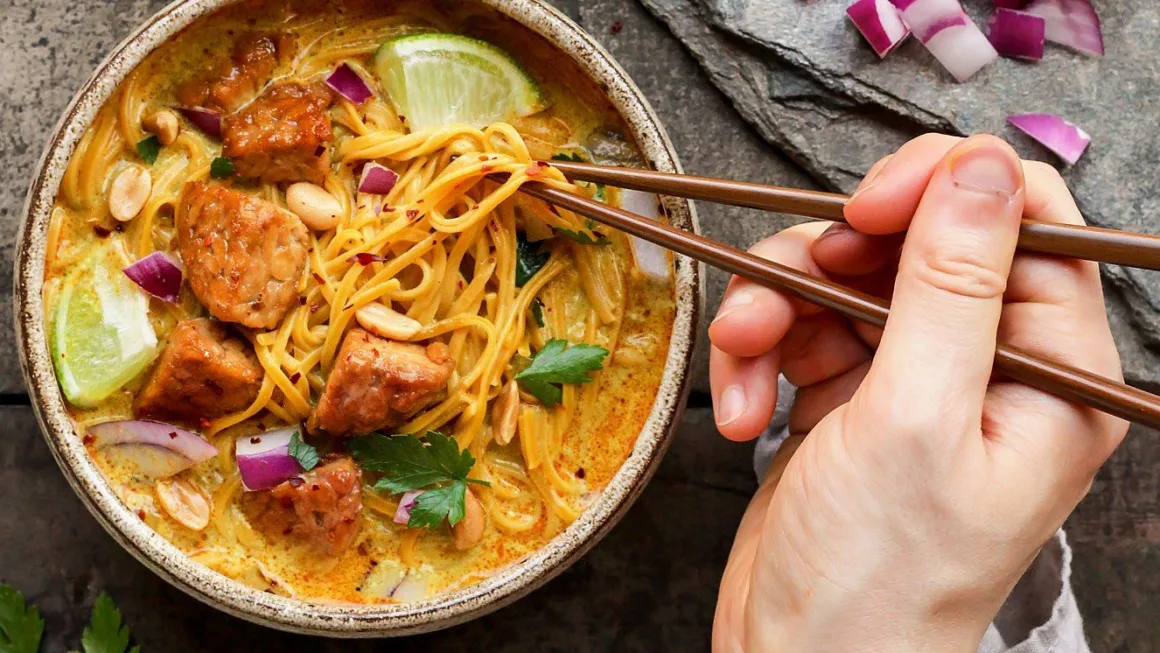Introduction:
Rajasthan, the land of kings, is a mesmerizing tapestry of vibrant colors, rich history, and diverse cultural experiences. Nestled in the northwestern part of India, this enchanting state is a treasure trove of ancient traditions, architectural marvels, and time-honored customs. In this SEO-optimized article, we will delve into the heart of Rajasthan’s cultural offerings, exploring the myriad experiences that make it a must-visit destination for travelers seeking an immersive journey through India’s past and present.
1. Majestic Forts and Palaces
Rajasthan boasts an impressive array of forts and palaces that stand as testaments to its royal heritage. From the iconic Amer Fort in Jaipur to the magnificent Mehrangarh Fort in Jodhpur, these architectural marvels showcase the grandeur and opulence of the Rajput rulers. Visitors can embark on a journey through time as they explore the intricately designed palaces, adorned with ornate carvings, frescoes, and mirrored mosaics. The cultural significance of these structures is brought to life through guided tours that narrate tales of valor, romance, and courtly intrigue.
2. Colorful Festivals
Rajasthan is synonymous with vibrant festivals that celebrate the state’s cultural diversity and religious fervor. The Pushkar Camel Fair, held annually in the sacred town of Pushkar, is a spectacle of color and energy, attracting pilgrims, traders, and tourists alike. The exuberant celebrations of Holi, the festival of colors, and Diwali, the festival of lights, provide an immersive experience into the heart of Rajasthan’s cultural festivities. Travelers can partake in traditional rituals, savor local delicacies, and witness mesmerizing performances that showcase the state’s traditional music and dance forms.
3. Rich Folk Art and Crafts
The artistic prowess of Rajasthan is evident in its vibrant folk art and crafts, each telling a unique story of the region’s cultural identity. From the intricate block prints of Sanganer to the vivid Phad paintings of Bhilwara, visitors can witness the skilled craftsmanship passed down through generations. The bustling bazaars of Jaipur and Jodhpur offer a treasure trove of handcrafted items, including embroidered textiles, lac jewelry, and leather goods. Engaging with local artisans provides a deeper understanding of the time-honored techniques that have sustained Rajasthan’s rich artistic heritage.
4. Traditional Dance and Music
Rajasthan’s cultural landscape is alive with the rhythms of traditional dance and music forms that have been preserved for centuries. The spirited Kalbelia dance, performed by the Kalbelia tribe, mesmerizes onlookers with its snake-like movements and soul-stirring tunes. The Ghoomar dance, a graceful and traditional form performed by women, is a visual delight that reflects the elegance of Rajasthani culture. Beyond dance, the state resonates with the melodies of folk music, where instruments like the sarangi, dholak, and shehnai take center stage during festive occasions, creating an enchanting atmosphere that captivates the soul.
5. Culinary Delights
Rajasthani cuisine is a delectable journey for the taste buds, offering a unique blend of flavors and textures. From the iconic Dal Baati Churma to the spicy Laal Maas, the state’s culinary repertoire reflects its arid landscape and royal history. Travelers can savor the traditional Rajasthani thali, a spread that includes a variety of dishes showcasing the richness of the region’s gastronomy. Exploring the bustling markets and street food stalls is a culinary adventure in itself, providing an opportunity to indulge in local favorites such as kachori, mirchi bada, and mawa kachori.
6. Camel Safaris and Desert Exploration
The vast Thar Desert, extending across the western border of Rajasthan, offers a unique and enchanting landscape for exploration. Camel safaris provide a firsthand experience of the desert’s beauty, allowing travelers to traverse golden sand dunes and witness breathtaking sunsets. The desert towns of Jaisalmer and Bikaner are gateways to this arid expanse, where ancient havelis and temples add to the mystique of the desert terrain. Camping under the starlit sky and engaging in cultural exchanges with local desert communities offer a glimpse into the resilient spirit of Rajasthan’s people.
7. Architectural Splendors of Temples
Rajasthan is home to some of India’s most exquisite temples, each with its own architectural style and historical significance. The Dilwara Temples in Mount Abu showcase intricate marble carvings and are a testament to the artistic brilliance of the ancient craftsmen. The Karni Mata Temple in Deshnok, known for its resident population of rats, is a unique and sacred pilgrimage site. Exploring these temples not only provides a spiritual journey but also offers insights into the cultural and artistic evolution of Rajasthan through the ages.
8. Rural Tourism and Homestays
For those seeking an authentic cultural experience, rural tourism in Rajasthan opens the doors to the heartland of the state. Villages such as Chandelao and Narlai offer the opportunity to stay in traditional havelis or mud houses, immersing visitors in the daily lives of rural communities. Participating in village activities, interacting with locals, and savoring home-cooked meals provide a glimpse into the warmth and hospitality that define Rajasthan’s cultural ethos. Such experiences foster meaningful connections and contribute to the sustainable development of these rural areas.
Conclusion:
Rajasthan’s cultural tapestry is a living canvas that weaves together history, art, and traditions. From the majestic forts and palaces to the vibrant festivals, rich folk art, and culinary delights, every aspect of the state resonates with a unique charm that captivates the senses. Whether exploring the bustling cities or the tranquil rural landscapes, visitors to Rajasthan are bound to encounter a cultural journey that transcends time and leaves an indelible mark on their hearts. As one navigates the diverse experiences this magnificent state has to offer, it becomes evident that Rajasthan is not just a destination; it is a celebration of India’s rich cultural heritage.





